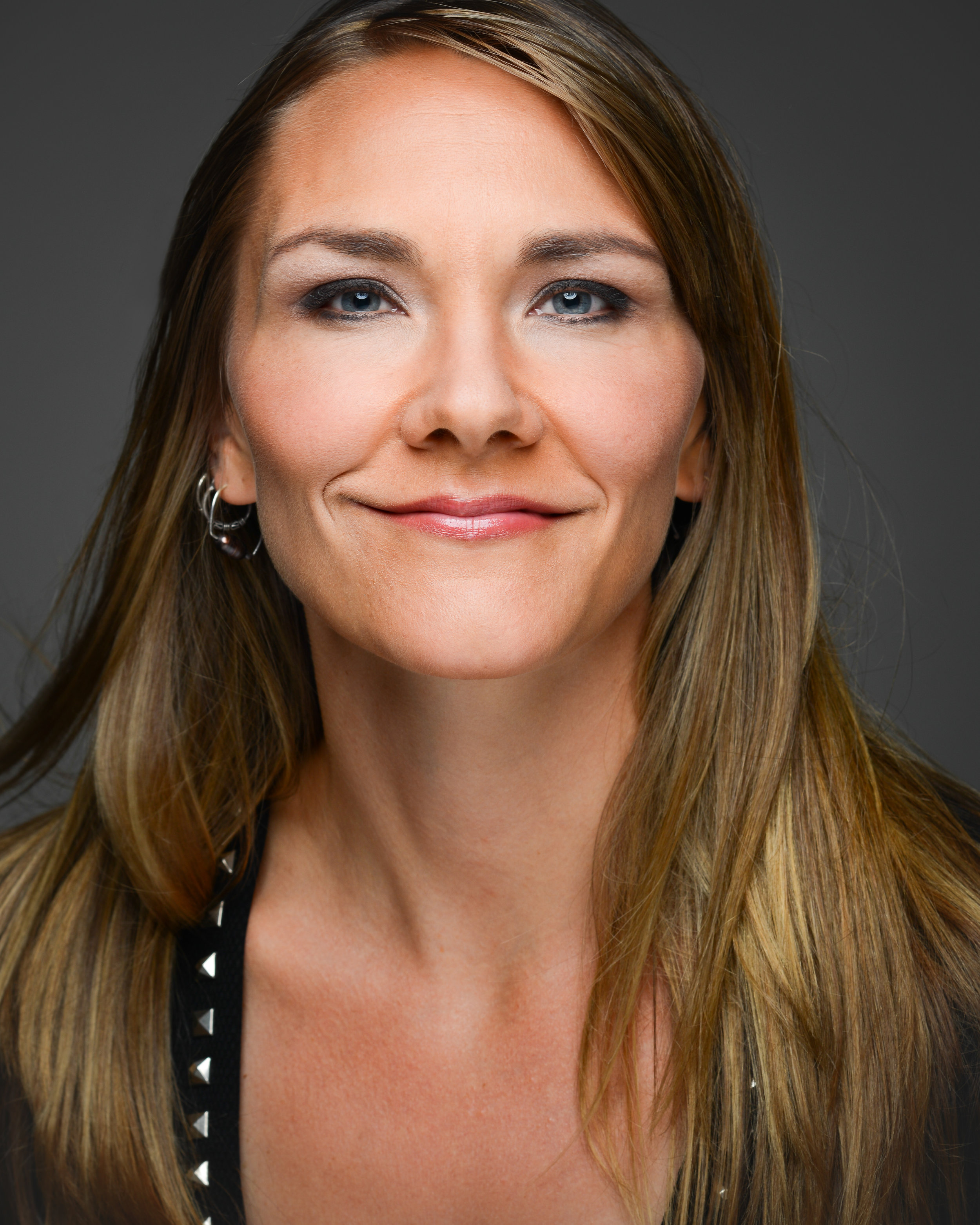Mezzo soprano Silvie Jensen always knew that she wanted to be a singer, and recalls knowing as early as age 4 or 5. “The voice is everyone’s first instrument, and the depth of emotion one can express with it is what drew me to singing,” she says.
Silvie will perform in the finale of Mahler’s Symphony No. 4 (the song, Das himmlische Leben, which presents a child’s vision of heaven), and in his Lieder eines fahrenden Gesellen (Songs of a Wayfarer) four-song cycle at Symphony Parnassus’ season-opening concert on Sunday, Nov. 6 (3 p.m.) at Herbst Theatre in San Francisco.
“I love this music very much for the beauty of the melodies,” she says, “and for the depth of feeling — sad, happy, loving and tender, harsh and wounded, optimistic, yet despairing…and for its masterful use of the colors of the orchestra. I feel ecstatic being able to sing it.”
Silvie says she feels honored to perform with Symphony Parnassus. “I hope our performance moves people deeply,” she says. “The last line of (Mahler’s) Fourth Symphony says ‘The voices of the angels stir the senses, so that everyone awakens in joy.’ I hope both audience and performers will be so stirred, that we will all awaken into joy together!”
A native of Hollister, Calif., she currently lives in San Francisco, after having moved back from New York City last year to be closer to family and to participate in the Bay Area’s vibrant arts scene. She has sung with San Francisco Symphony and San Francisco Opera, plus she has performed with many opera companies and symphonies in New York, Connecticut, New Jersey, and on tour and at festivals in Canada, Spain, and the Czech Republic.
She began singing seriously at age 10 and later went to Columbia University and also studied at the Manhattan School of Music and Mannes College of Music in New York. A highly sought oratorio soloist, she won 2nd place in the 2014 Oratorio Society of New York Solo Competition, and that year also made her solo debut at Carnegie Hall in a sold-out concert of Handel’s Messiah.







